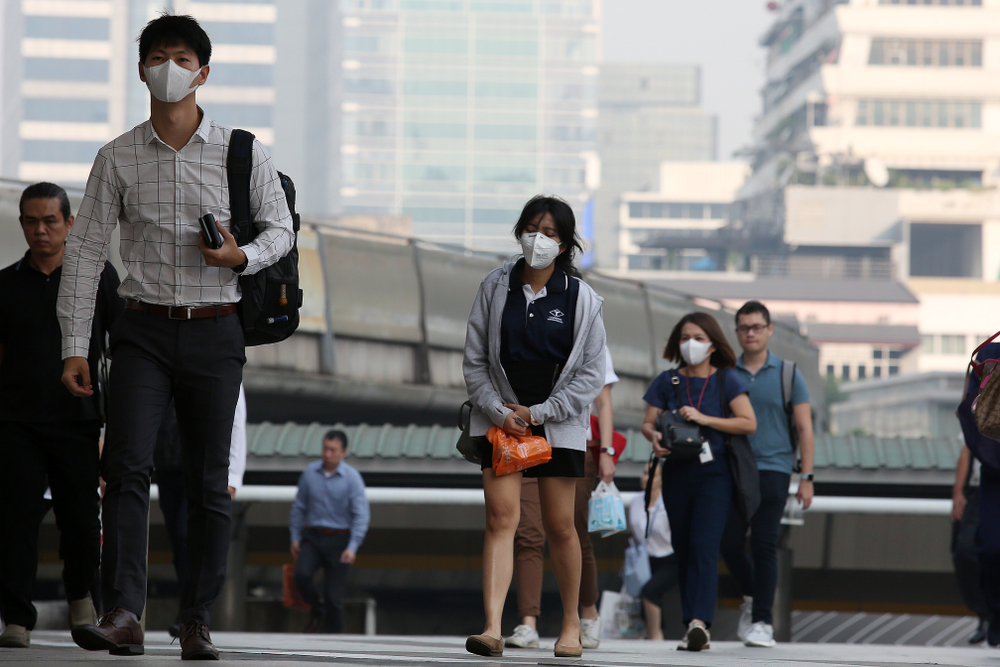Air pollution continues to be a topic of serious discussion in Southeast Asia, affecting millions of lives. Bangkok was the latest city with a crisis, as air pollution levels reached unsafe levels in January.
Air pollution is a serious problem affecting the health of millions of people worldwide. It’s a complex issue that has multiple causes and consequences. It’s estimated that air pollution causes 7 million premature deaths every year, with many of those deaths being attributed to heart disease, lung cancer, and stroke. It was recently brought to the forefront again as Bangkok grapples with extreme levels of air pollution, causing significant impact on the health of its residents and the overall economy. In this article, we will explore the devastating effects of air pollution on health.
Air pollution is a mixture of gases, particulate matter, and biological molecules that are harmful to human health. The main causes are industrial emissions, vehicle exhaust, and burning of fossil fuels. These pollutants can cause both short-term and long-term health effects.
Short-term effects
Short-term effects include irritation of the eyes, nose, and throat, headaches, dizziness, and fatigue. These effects are generally mild and temporary, but they can be more severe in people with pre-existing respiratory conditions such as asthma.
Long-term exposure can have more serious health effects, including chronic respiratory disease, heart disease, and lung cancer. Air pollution is a major contributor to the development of chronic obstructive pulmonary disease (COPD), which is a progressive disease that causes difficulty breathing and can lead to respiratory failure.
Heart Disease
It is also a major risk factor for heart disease. Exposure to PM2.5, the most harmful pollutant for cardiovascular health, increases the risk of heart attack, stroke, and other cardiovascular problems. The World Health Organization (WHO) estimates that air pollution causes about one-third of all deaths from heart disease.
Lung Cancer
Exposure to harmful particles can also increase the risk of lung cancer. The International Agency for Research on Cancer (IARC) has classified outdoor air pollution as a Group 1 carcinogen, which means that there is sufficient evidence to conclude that it causes cancer in humans.
Children’s health
It can also have a detrimental effect on children’s health. Children who are exposed to high levels are at increased risk of developing asthma, pneumonia, and other respiratory infections. It can also cause developmental delays, cognitive impairment, and behavioral problems in children.
This is a global problem, and it affects people in both developed and developing countries. However, air pollution does not distribute its burden evenly and affects the most vulnerable populations the most. Individuals living in low-income neighborhoods, living close to industrial facilities or busy roads, have a higher likelihood of exposure to high levels of air pollution.
In conclusion, air pollution is a serious health issue that affects millions of people worldwide. It causes a range of short-term and long-term health effects, including chronic respiratory disease, heart disease, and lung cancer. Children are particularly vulnerable to the harmful effects. It’s crucial to take action to reduce air pollution levels and protect public health. This can be achieved through a combination of policies and individual actions, such as reducing the use of fossil fuels, promoting cleaner transportation, and planting trees. By working together, we can create a healthier and more sustainable environment for ourselves and future generations.













